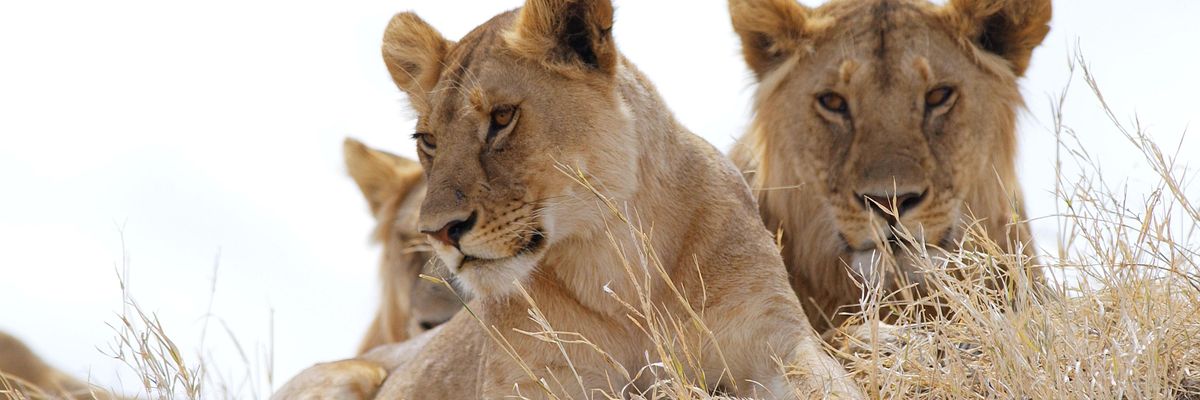The day before nearly two weeks of negotiations kick off at the United Nations summit on biodiversity, campaigners warned Tuesday that the talks taking place this month in Montreal may offer humanity its last chance to mitigate the planet's crisis of rampant species loss, and called on policymakers to adopt an ambitious framework to protect wildlife.
More than 190 nations will be represented at the 15th Conference of the Parties to the Convention on Biological Diversity (COP15), where negotiators will discuss a draft agreement aimed at conservation, slashing levels of toxic pollutants, and mitigating the climate crisis.
"We've put nature in the basement of our heart, but it needs to be in the penthouse."
With about one million species--out of about 8.7 million known species--expected to become extinct in the coming decades, advocates said that policymakers must reverse more than a decade of failure to meet the targets set in 2010 at COP10 in Aichi, Japan, including protecting 17% of terrestrial and inland water areas and conserving coral reefs.
"Now is the time for the world to set bold new goals to protect every last species," said Tierra Curry, a senior scientist at the Center for Biological Diversity. "We're undermining our own survival by taking nature for granted, decimating wild places and jeopardizing vulnerable communities."
Advocates are pushing the 196 member nations of the convention to adopt 21 targets named in the draft set to be presented at the meeting, including:
- Protections for at least 30% of lands and waters by 2030;
- Policies to prevent or reduce invasive species by 50%;
- The elimination of plastic waste;
- The reduction of pesticides in the environment by at least two-thirds;
- The recognition of Indigenous peoples' rights and central role in protecting biodiversity; and
- At least $100 billion in annual funding for developing countries to protect wildlife, provided by wealthy governments.
"If delegates at the Convention on Biological Diversity can't agree that we should end extinction, it's a tragic reflection on our values," said Curry. "We've put nature in the basement of our heart, but it needs to be in the penthouse."
Greenpeace International called the meeting "the make-or-break moment for global biodiversity" while Greenpeace East Asia senior policy adviser Li Shuo called it "a chance for reinvention."
"It is unacceptable for this process to continue to pump out promises and never deliver," he said. "Negotiations over the next two weeks need to generate targets that will actually be implemented and supported."
In his opening remarks on Tuesday, U.N. Secretary-General Antonio Guterres called on negotiators to adopt a framework "that addresses the root causes of this destruction."
"Deforestation and desertification are creating wastelands of once-thriving ecosystems," he said. "Our land, water, and air are poisoned by chemicals and pesticides, and choked with plastics. Our addiction to fossil fuels has thrown our climate into chaos--from heatwaves and forest fires, to communities parched by heat and drought, or inundated and destroyed by terrifying floods."
"The deluded dreams of billionaires aside, there is no Planet B," Guterres added. "We must fix the world we have. We must cherish this wonderous gift. We must make peace with nature."
Biologist Alexandre Antonelli, the director of science of the Royal Botanic Gardens, Kew, in the U.K., called the conference "one of the most important meetings humanity has ever had."
"We have a very narrow window of opportunity to halt the loss of biodiversity by 2030 and reverse its decline by 2050," Antonelli told The New Statesman on Monday. "We may never have that chance again."

